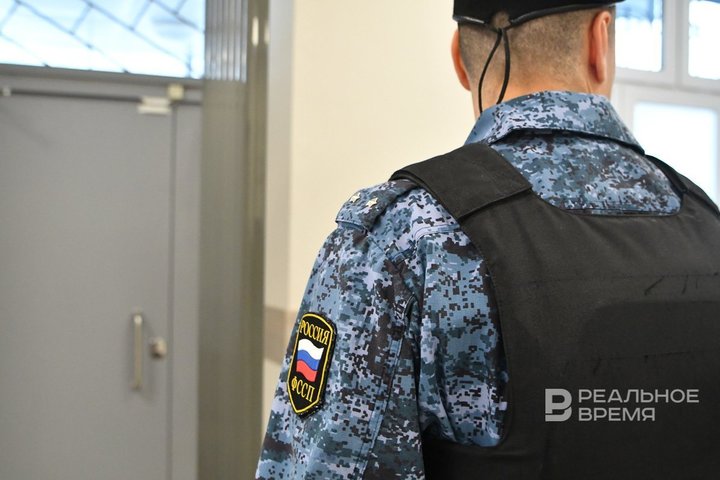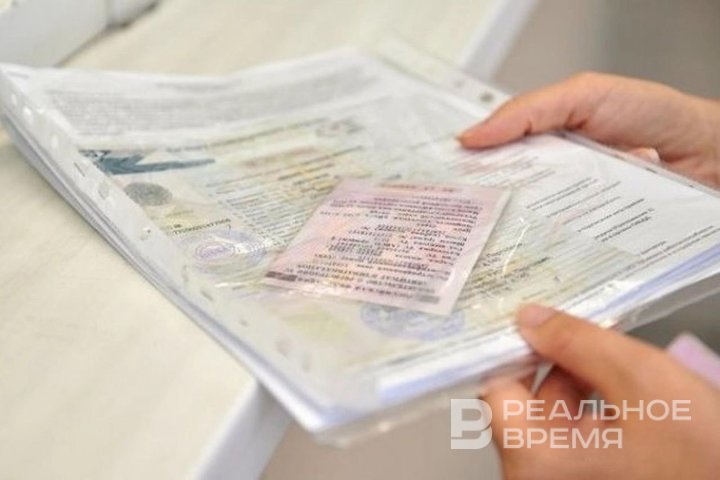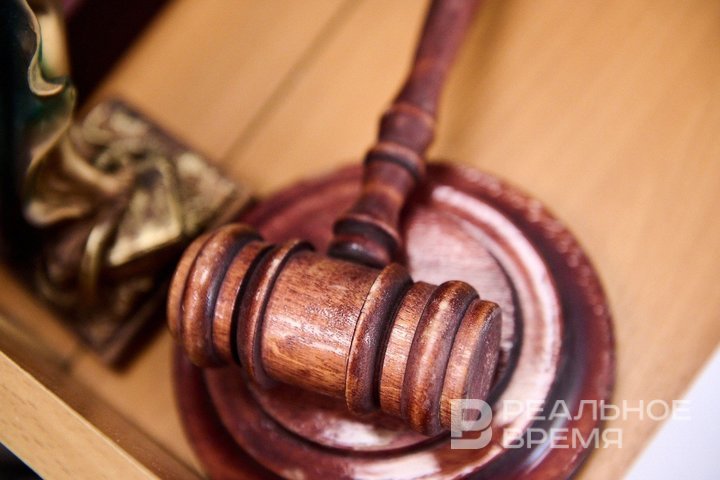Problem of personal data confidentiality and protection of citizens’ rights: the work of the Federal Bailiff Service to be recorded on cameras
Experts about the idea of filming the actions of bailiffs

The issue of the widespread recording of the actions of the Federal Bailiff Service (FBS) is ambiguous, according to experts interviewed by Realnoe Vremya. On the one hand, this can protect citizens from violations of their rights by employees of the service, and on the other hand, it can lead to new violations. One way or another, it is necessary to work out in detail the entire procedure for filming the work of bailiffs in order to protect the rights of citizens. Read more details about the advantages and disadvantages of the initiative are in a report of Realnoe Vremya.
The FBS will begin to record its actions on video
The Federal Bailiff Service has developed a draft order on the widespread use of video recording equipment in its work. This means that all actions of FBS employees will be filmed on video camera, including escorting evaders to court and deporting migrants. According to the project, various devices will be used for filming, including IP cameras, mobile and portable video recorders, cameras and other equipment. All participants in the filming must be notified about it.

Video recording will be used during personal receptions of citizens, documenting offenses, recording enforcement actions, bringing evaders to court and deporting foreigners.
All audio, photo and video materials will be stored in the FBS archive. After the expiration of the storage period of medium, it must be transferred to another one.
The introduction of video recording is aimed at increasing the transparency of the FBS and, according to the department, should reduce the number of complaints about the actions of employees.
“What will happen in the event of an information leak?”
First of all, the practice of filming the actions of bailiffs will affect the issue of the safety of personal data, Yevgeny Sultanov, head of the Department of Constitutional and Administrative Law at the Law Faculty of Kazan Federal University, told Realnoe Vremya.
“If videos are filmed without a person's consent, what information will be collected? How will it be stored? Data safety is a constant ethical issue. What will happen in the event of an information leak? Who will be held responsible? From the point of view of protecting the rights and freedoms of a citizen, I have certain questions. It is necessary to study the regulations more carefully — the legal framework, how this entire procedure will take place,” he believes.

On the other hand, in his opinion, such a practice will increase the discipline of employees — their actions can become the subject of analysis by their superiors or the public as a whole:
“From this point of view, of course, the procedure will force employees to do their job better. They will understand that this can become a subject of analysis for both the management and the public. Recording disciplines the activities of any employee. From this side, I certainly understand the idea. If the idea is aimed not at personal data, but at the employee himself, then, of course, this is a tool for improving the quality of the employees' activities.”
However, recording will not increase the efficiency of the FBS, Sultanov is sure:
“It is necessary to understand the regulations, what is recorded, how it is recorded. Only after this can we give a competent assessment of this idea. If a video recording is made, it is clear that this disciplines employees. If they understand that they are being recorded, they do it very competently and correctly. But this does not mean that they will solve the problem correctly and to the point.”
“It is high time to introduce this law”
A slightly different opinion was expressed by lawyer Albina Milina: in her opinion, the law will protect citizens from violations of their rights by bailiffs. And this issue is of primary importance.
“I believe that it is high time to introduce this law. Unfortunately, we have violations of citizens' rights by employees, not only bailiffs. Record this and prove later, without recording, that there were any impacts, even physical ones... It is difficult to prove this in court later. When a person says that his rights were violated, they answer: ‘We have signatures, we have a protocol, everything is within the law.’ Here, I have a positive attitude towards the law, she explained.”

As for the protection of personal data, Milina called the situation controversial and gave an example: at court hearings, video recording is also conducted without the consent of the accused.
“I think this mechanism will be worked out. I think people will simply be asked to sign a consent or disagreement. Another question: do ordinary citizens understand what and why they are giving it.”
In general, the speaker believes that the project will have a positive impact on citizens. In her opinion, the new regulations will help reduce violations committed by employees.